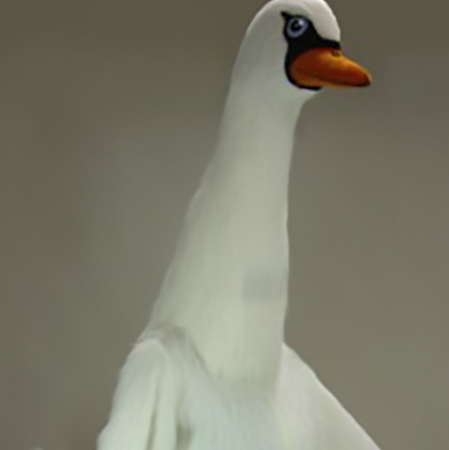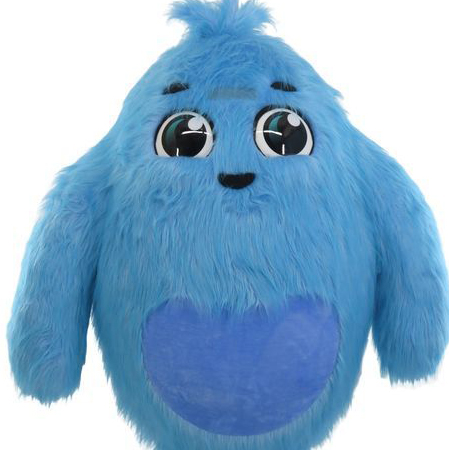Mascot costumes play a crucial role in brand representation, entertainment, and marketing. They bring life to characters that can engage audiences at sports events, corporate functions, and various promotional activities. However, the creation and usage of mascot costumes are subject to licensing laws designed to protect intellectual property, ensure safety, and prevent unauthorized use. Here’s what you need to know about navigating these regulations.
Intellectual Property Protection
Intellectual property (IP) law is foundational when dealing with mascot costumes. If a mascot design is unique and creative, it can be protected under copyright laws. This means the creator holds exclusive rights to reproduce, distribute, perform, display, and create derivative works based on the original character. Unauthorized replication or use of these designs can lead to legal consequences. It’s essential to obtain proper permissions from the IP owner before creating or using a mascot costume that resembles an existing character.
Trademark Considerations
In addition to copyright, trademarks also play a significant role in mascot costume licensing. A trademark protects names, logos, and symbols associated with goods and services. If your mascot design includes elements that could confuse consumers or dilute the distinctiveness of a registered trademark, it may lead to trademark infringement issues. Conduct thorough research to ensure your mascot does not infringe on existing trademarks. Registering your own trademark can provide additional protection against potential infringement claims.

Safety Regulations
Safety is paramount when it comes to mascot costumes. Many jurisdictions have specific regulations regarding the materials and construction of costumes to prevent accidents and ensure user comfort. Non-flammable materials, adequate ventilation, and clear vision are just a few of the considerations that must be addressed. Complying with local safety standards is crucial not only for legal reasons but also for protecting the wearer’s wellbeing.
Licensing Agreements
Licensing agreements are common for popular mascot costumes. These agreements outline the terms and conditions under which a third party can create, use, or sell mascot costumes based on licensed characters. Such agreements typically include royalty payments, quality control measures, and limitations on distribution channels. Before entering into a licensing agreement, it’s vital to read and understand all terms to avoid potential disputes and ensure compliance with both the agreement and underlying IP laws.
International Considerations
If your mascot costume will be used or sold internationally, understanding the global landscape of IP laws becomes imperative. Different countries have varying levels of protection and enforcement mechanisms. For instance, while a character might be protected in the United States under copyright laws, it may not automatically receive the same level of protection in another country. Consulting with an international IP lawyer can help navigate these complexities.

DIY Mascot Costumes
For those considering creating their own mascot costumes, it’s important to be cautious about mimicking well-known characters. Even without direct copying, similarities in design, color scheme, and overall appearance may result in legal challenges. Originality is key; investing time in developing a unique concept can safeguard against future legal risks.
Conclusion
Navigating mascot costumes and licensing laws requires careful attention to detail and a good understanding of intellectual property rights. By respecting copyrights, trademarks, adhering to safety regulations, and following proper licensing protocols, you can legally enjoy the benefits of a unique and captivating mascot costume. Always consider consulting with a legal expert to ensure full compliance and protection of your creative efforts.